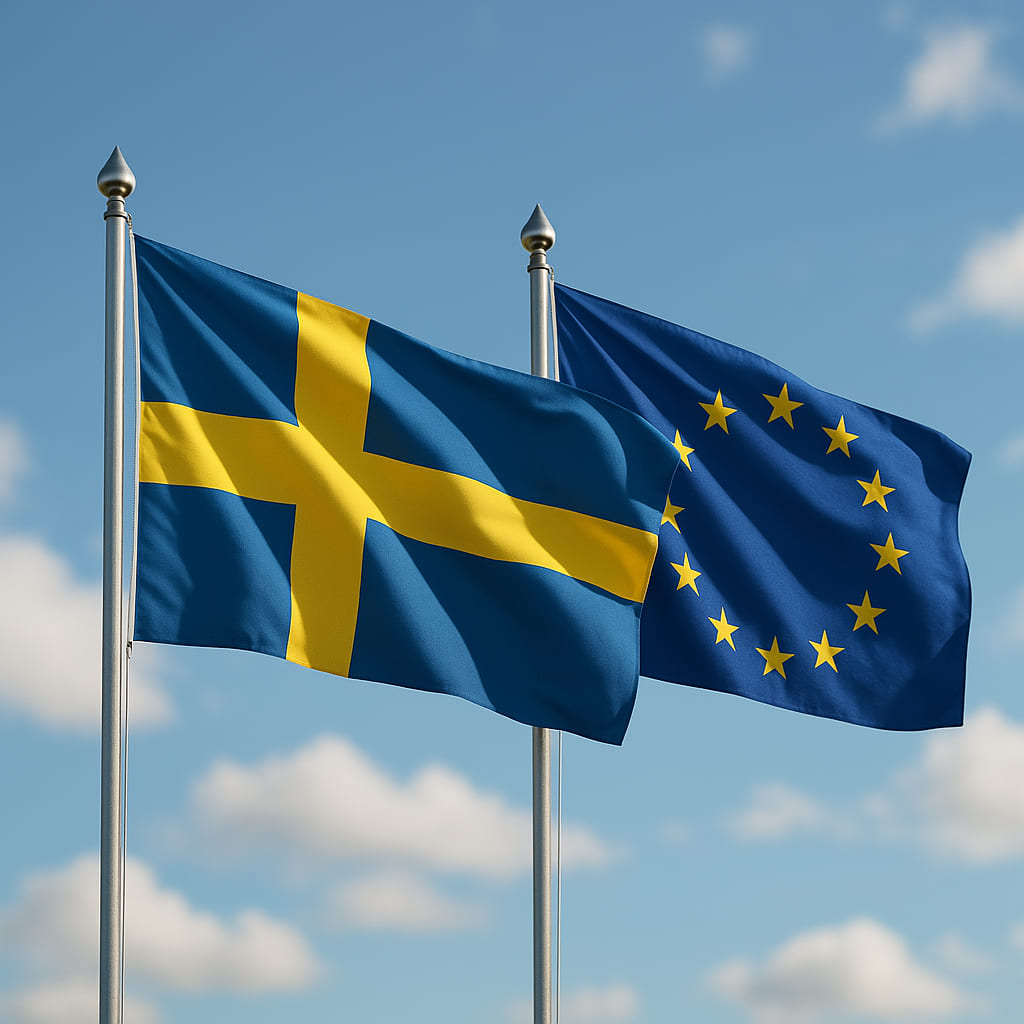The European Debate in Sweden

As far as opinion in Europe is concerned, Sweden comes across as an enigma in that her much-admired model of participatory social democracy would seem to be enticing her towards a systematically peripheral position within the European Union. The expectations raised by Sweden’s first presidency of the EU must therefore be a very particular mixture of hope – what will Sweden be able to offer us from its model of democracy and social relations? – and of curiosity – how do the Swedes envisage the role they are to play within the Union?
These are the questions Olof Petersson attempts so skilfully to answer within the limitations of the current Swedish debate. He begins by examining the paradoxes at its heart: a campaigning fervour for the single market and its enlargement combined with reluctance to accept a unifying system of regulation, a reluctance which runs entirely counter to the national model; placing the emphasis on democratic transparency while opting for the most opaque method of European governance: preferring intergovernmentalism to the method of community, and with marked doubts about the latter although it is the method better suited to the interests of a “small country”; a tradition of debating democratic issues in-depth…unless those issues are European.




